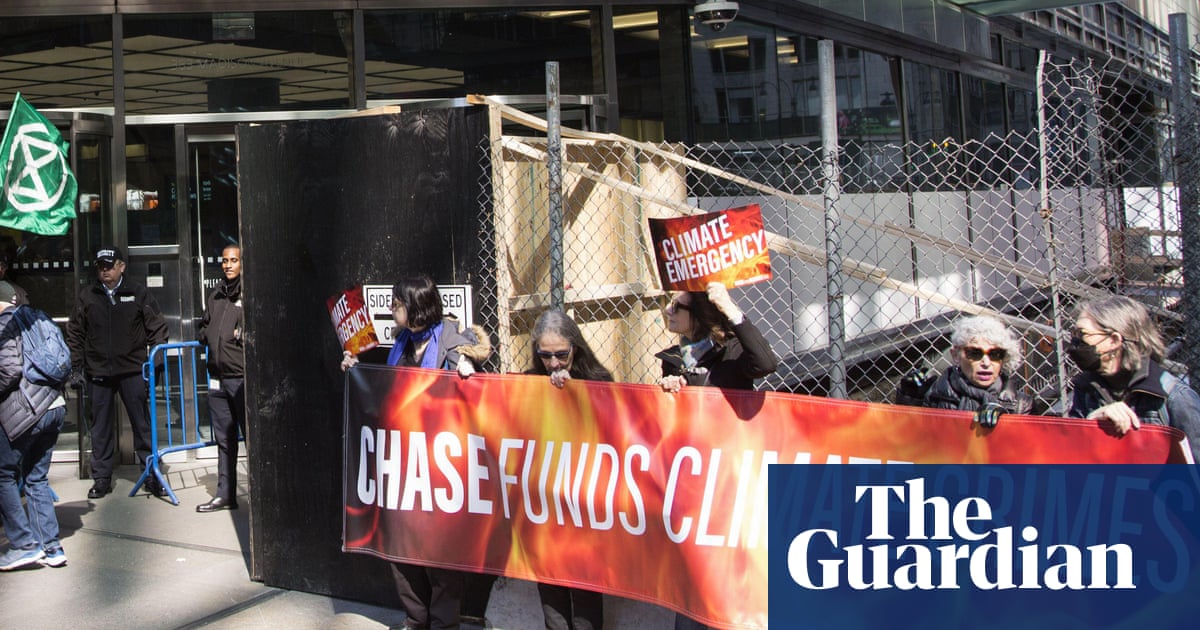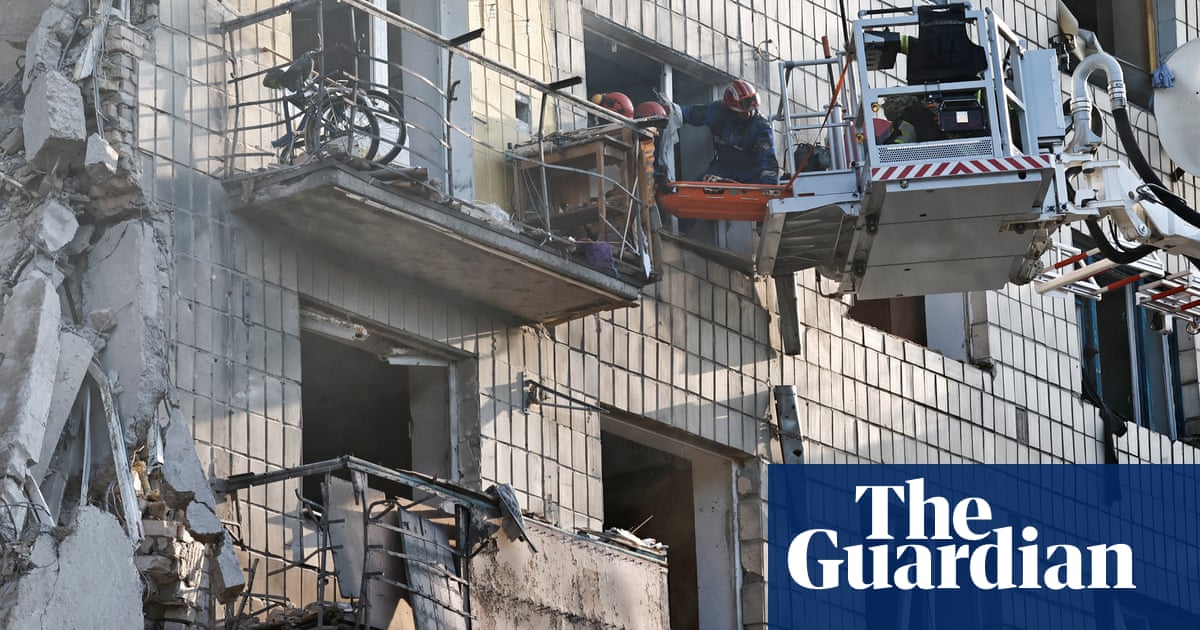The US will conduct its first execution by firing squad in 15 years on Friday in South Carolina, despite widespread concerns about the safety and cruelty of this method and growing calls for clemency.
Brad Sigmon, 67, is scheduled to be shot to death by three South Carolina prison employees, part of a series of rapid executions the state has pursued in the last six months as it revives capital punishment. After a 13-year-pause in killings, due to limited supplies to carry out executions, the state now directs men on death row to choose their method of death – electric chair, lethal injection or firing squad.
Sigmon chose to be shot dead out of fear that lethal injection would result in a “prolonged death” following reports that the last three South Carolina men killed by pentobarbital, a sedative, took more than 20 minutes to die and one appeared to suffer a condition akin to drowning and suffocation. They were “three men Brad knew and cared for”, his lawyers said, and he feared a slow injection process or being “burned and cooked alive” by electrocution.
The South Carolina department of corrections (SCDC) firing squad protocols dictate that staff strap the person with metal restraints on a chair in the “death chamber” and place a hood over his head. An “aim point” is marked over his heart, and three staffers with rifles face him through a wall that has an opening 15 ft away, the protocols say. In a 2022 court case challenging this method, officials said if the person’s vital signs were still present 10 minutes after the first round of shots, staff would fire a second time. Witnesses in the room will see the profile of the man, but the rifles and portal will not be visible, SCDC said.
After SCDC recently released a photo of the death chamber where Sigmon will be shot, some firearm experts raised concerns about whether the setup was safe for witnesses and the shooters, citing the possibility for bullets to ricochet. The prison has said “bullet-resistant glass” is set up between witnesses and the chamber, and a spokesperson did not respond to requests for comment on Thursday.
In recent weeks, there have been escalating calls for Sigmon’s life to be spared. He would be the oldest person ever executed by the state. He was convicted of the 2001 murders of his ex-girlfriend’s parents, David and Gladys Larke. He has long admitted his guilt, with his lawyers arguing that the killings stemmed from a childhood of severe abuse and neglect and undiagnosed and untreated mental illness.
His lawyers say he suffered organic brain injuries and manic episodes and was experiencing a psychotic break that likely rendered him incompetent to stand trial. His team has filed a clemency petition with the state’s Republican governor, Henry McMaster, arguing his trial counsel failed him and the jury “had no idea of how severely compromised his mental health was”. Lawyers have also asked the US supreme court to intervene.
Rebecca Armstrong, Sigmon’s ex-girlfriend and the daughter of the victims, told USA Today she does not believe in the death penalty, but he “should answer for what he’s done”.

Sigmon has transformed behind bars and consistently expressed remorse, said Gerald “Bo” King, one of Sigmon’s lawyers, in a statement: “When Brad went to prison, he rededicated himself to his Christian faith. He has devoted every day since to prayer, repentance, and the work of redemption. Brad is a peaceful, trusted presence on death row. Guards describe him as respectful and helpful. He serves as an informal chaplain to his fellow prisoners. He is a source of strength to his siblings and children. He is also in declining health and poses a danger to no one.”
The state has argued in court that some arguments raised by his attorneys about his trial counsel and mental health have already been litigated and that it was too late to raise new issues.
King, the chief of the capital habeas unit for the fourth circuit, which is part of the federal public defender’s office, has also been raising concerns around the secrecy of South Carolina’s execution methods. Lawmakers in 2023 passed a shield law to keep the identity of lethal injection drug suppliers secret, which allowed officials to restock pentobarbital and resume executions.
Sigmon’s lawyers have argued the state was obliged to “disclose some basic facts about the drug’s creation, quality and reliability” and criticized prison officials for failing to provide information about the “potency, purity and stability” of the drugs, their expiration dates and how they are being tested and stored.
In the execution of Richard Moore in November, autopsy records suggested he required two pentobarbital doses and that his lungs were swollen with fluid, “an excruciating condition known as pulmonary edema”.
“Brad has no illusions about what being shot will do to his body. He does not wish to inflict that pain on his family, the witnesses, or the execution team. But, given South Carolina’s unnecessary and unconscionable secrecy, Brad is choosing as best he can,” King said. “There is no justice here. Everything about this barbaric, state-sanctioned atrocity – from the choice to the method itself – is abjectly cruel.”
A South Carolina judge previously said the firing squad method “constitutes torture” and the person was “likely to be conscious for a minimum of 10 seconds after impact”.
Faith leaders in the state have protested Sigmon’s execution and supporters have collected thousands of signatures calling for clemency. No South Carolina governor has granted clemency to a defendant facing execution in the modern death penalty era.

 3 months ago
48
3 months ago
48

















































